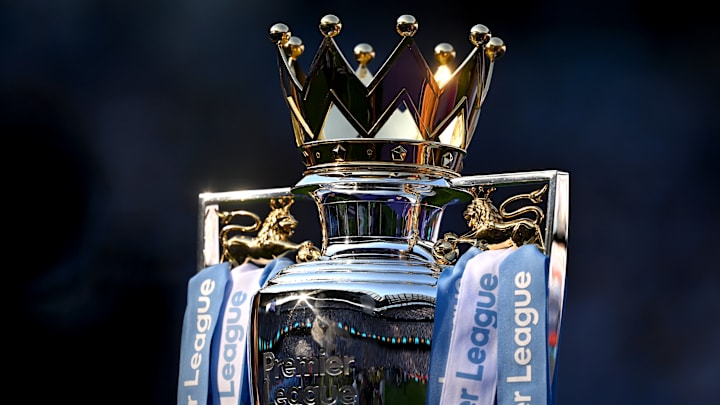The Premier League, renowned for its intensity and unpredictability, is on the brink of a crucial decision. At a meeting scheduled for this Thursday (6th), the league's 20 clubs will decide whether VAR (video assistant referee) will continue to be used next season. The proposal, led by Wolverhampton, suggests the complete abolition of the system, but will this radical change indeed occur?
The introduction of VAR brought a new dynamic to soccer, promising greater accuracy in decisions and fairness on the field. However, the technology is not without controversies. For the rule to be changed, at least 14 clubs must vote in favor of the change, but so far, Wolves' proposal has not garnered the necessary support. The suggestion to eliminate VAR may not even reach formal voting, indicating that most clubs are inclined to discuss only improvements to the current system.
Follow The Top Flight on X (Twitter).
Wolverhampton presents a series of compelling arguments for VAR's removal. They point out that the technology negatively impacts goal celebrations and spontaneous passion. Frustration and confusion in stadiums due to delays in checks and poor communication are also highlighted as critical points. Furthermore, the atmosphere at games has become increasingly hostile, with protests and boos during the Premier League anthem, as well as chants against VAR.
Another point raised is the misuse of VAR, which was initially meant to correct clear and obvious errors but ended up being used in meticulous analyses that compromise the flow of the game. The responsibility of field referees has also diminished, as many rely on the "VAR safety net," leading to an erosion of the referees' authority. Despite the presence of VAR, errors persist, and fans struggle to accept human errors after multiple views and replays, damaging trust in the refereeing team.
The impact on the pace of Premier League games, famous for their speed, is also a concern. Lengthy checks lead to increased stoppage time, making matches excessively long. The constant discussion about VAR shifts focus away from the game itself, tarnishing the league's reputation. The confidence and reputation of the Premier League are at stake, with VAR sparking senseless debates and allegations of corruption in refereeing.
It's worth noting that Wolverhampton was the most affected team by VAR since its introduction. Last season, the gold and black team vehemently complained about a clear penalty not awarded in a match against Manchester United, which resulted in the suspension of the involved referees.
The Premier League staunchly defends VAR. In a recent statement, the league made it clear that it fully supports the technology and is committed to improving the system for the benefit of the game and fans. In April, all 20 clubs approved the adoption of the semi-automatic offside system for the next season, which will require the organization to hire a new technology provider. According to the Premier League, since the adoption of VAR, there has been a significant increase in decision accuracy, from 82% pre-VAR to 96% in the current season. The Referees Association also noted a reduction in VAR errors, from 38 last season to 29 this season, an improvement of 23.68%.
As the meeting approaches, the Premier League is at a crossroads. Pressure is on the clubs to decide whether they will continue to trust VAR technology or take a bold step back to the roots of the game.
